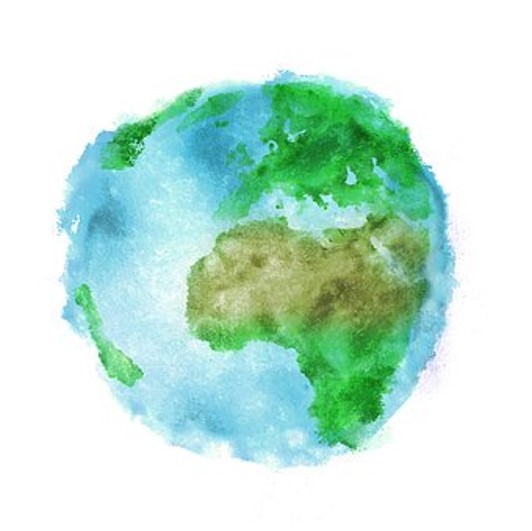I have been shocked and saddened by what has been and continues to unfold in Ukraine. I have felt guilt, powerlessness and a numbness. I am not alone and it reminds me that as both a coach and a supervisor it is important that my clients have space to talk about and share their thoughts, feelings and experiences of what is unfolding in the here and now. It is also important for me to take some time for self-care and process what I am experiencing.
We are all part of the global system
What is happening in the world is part of all of our systems and will have an impact even if it does not appear to be related to the immediate coaching or supervision need. This is not only true of Ukraine but is also true of the pandemic, the environmental crisis and the shifting global economic and political landscape. Some of these issues are already much more personal and having a greater impact, and some, such as the environmental crisis, are becoming increasingly so.
Creating spaces for our clients
Creating and holding spaces for our clients to talk about the impact of these global issues can be hard. These issues can test and challenge our client’s values and beliefs and it is an emotionally complex space with conflicted thoughts and feelings. Clients may feel at odds with themselves and they may also feel at odds with those around them. And what our clients may be feeling is also what we may be feeling. I know I feel these things.
Connecting to felt experiences
Where these issues come into the coaching or supervision space, they will be deeply felt spaces and our client may find it extremely difficult to connect with and don’t have the words for what they are feeling. But it is crucial for our clients (and ourselves) to connect to these felt experiences. It is only through this connection that our clients will be able to understand, make sense of and make meaning from what they are experiencing. This in turn enables clients to have the agency and creative imagination to come up with solutions and make decisions that bring them back to themselves in a truthful and complete way. When we are back with ourselves, we are able to engage with and respond in a more enlightened, creative and efficacious way.
Words fail us
Words will often fail in these circumstances. I am sure we have all experienced times when we just cannot convey what is going on for us (good and bad) and know how frustrating and limiting it can be. Words become mere approximations to what we are feeling and experiencing. Words cannot convey nor hold the complexity of the experience.
However, we can express and connect with our felt experiences through our bodies and by tapping into our more knowing selves. All emotions are felt as physical experiences in our bodies. There is a reason why we have phrases such as a broken heart and heart ache, or something feels gut wrenching. We will also have felt that sense of knowing something, but can’t quite connect with it. We have a sense of something.
One of the ways that cuts through the need for words and gives us a different way to connect is through expressive, visual language.
Connecting through expressive visual language
 Using expressive, visual language through art-based coaching enables clients to connect to their deeply felt experiences without having the pressure of explicitly naming and analysing them.
Using expressive, visual language through art-based coaching enables clients to connect to their deeply felt experiences without having the pressure of explicitly naming and analysing them.
We create images through using our bodies which unconsciously and intuitively also allows us to express our knowing selves.
Expressing themselves through the physical creation of an image, the client is able to hold the whole of what is going on for them, in all its complexity, in a tangible and safe space outside of themselves. They can quite literally hold their experiences in their hands.
Then working with their coach clients explore and connect with their externalised image through visual language; the language of colour, shape, line and texture. Again, there is no need to find the ‘right’ names for things or start to analyse things. It is a liberating experience and through this process clients find a deeper awareness of, connection to and understanding of the felt experience, allowing shifts in perspectives, greater insights and finding meaning.



Thanks for this, very helpful. I have been in touch before so no need to put me on any list. I just wanted to let you know that various psychosynthesis groups around the world are engaged with this issue, and in a way that feels quite similar to how you approach it. Essentially it is about a felt bodily experience and collective trauma that goes beyond words. All the best!
Thank you Peter for your comment and for letting me know about the psychosynthesis groups around the world. I will explore.